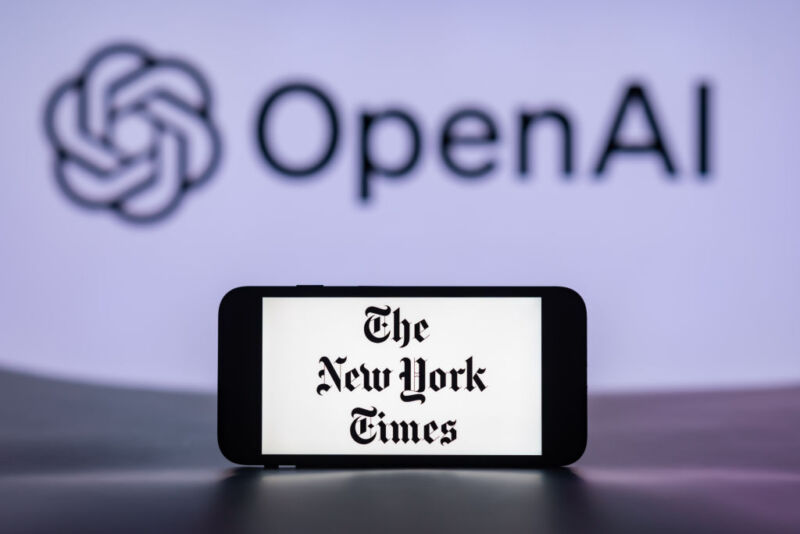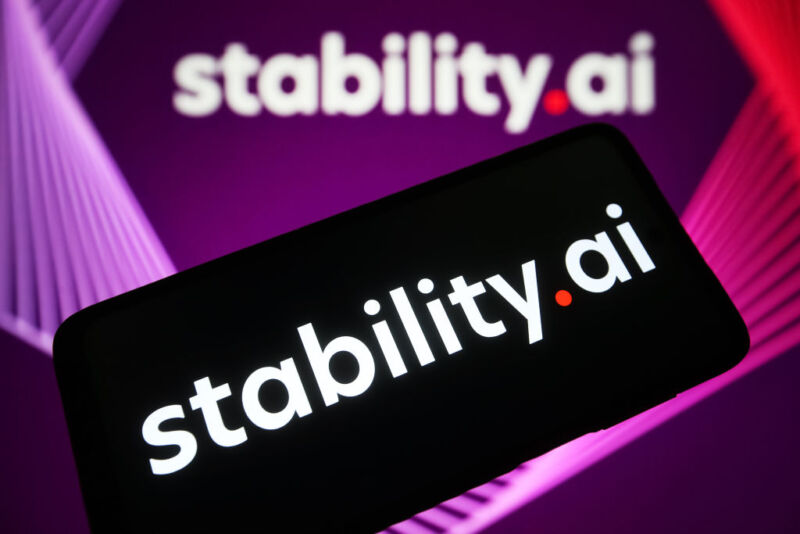 When U.S. broadcaster DISH Network files another new lawsuit in the U.S., targeting various players in the IPTV ecosystem, the company maintains a long tradition of legal action that aims high and goes in hard.
When U.S. broadcaster DISH Network files another new lawsuit in the U.S., targeting various players in the IPTV ecosystem, the company maintains a long tradition of legal action that aims high and goes in hard.
While DISH headlines all of these lawsuits with various appearances from Nagra and subsidiary Sling TV, behind the scenes DISH receives support from fellow members of IBCAP, the International Broadcaster Coalition Against Piracy. From monitoring and detection, content watermarking, DMCA takedown notices, to full-blown investigations, many tasks are handled under the anti-piracy group’s umbrella – and inside the IBCAP lab.
We’ll take two, no need to erase any drives

Retailer, Wholesaler, ‘Manufacturer’, DISH Likes to Meet Them All
A legal tactic less commonly seen elsewhere sees DISH target U.S.-based retail outlets that resell pirate IPTV subscriptions (and/or pre-configured set-top boxes) offering content to which DISH holds U.S. rights. Small or large, these entities receive the same treatment in original complaints, with a minimum seven-figure damages claims to ponder.
As DISH works to track down anonymous operators, of mostly overseas IPTV services being resold in the U.S., offers of information from various parties are rumored to put the plaintiffs in a better mood. Whether that will apply to defendants Massive Wireless, Inc., Khaled Akhtar, Rays IPTV LLC, and Mumyazur Rehman Daud, as DISH strives to identify Does 1-10, currently d/b/a as Glo TV, is unknown and likely to stay that way.
Lawsuit Filed In New York District Court
Filed in the U.S. District Court for the Eastern District of New York on Wednesday, the complaint speaks of a global pirate IPTV service variously branded as Glo TV, Rays IPTV, and Rays TV. Does 1-10 are described as the infringing IPTV service’s operators, who knowingly and unlawfully transmit, and publicly perform in the United States, TV channels for which DISH holds or held an exclusive license.
“Illegal streaming services are able to offer consumers thousands of television channels at a fraction of the cost of legal providers such as DISH, because they do not pay fees to license the content they deliver,” the complaint notes.
“For example, Defendants Rays IPTV LLC and Daud market the Infringing Service to the public by promising ‘No More Expensive Cable Bills,’ and targeting consumers ‘tired of paying too many bills for too little channels.’”
DISH says the ‘direct infringers’ behind the service deliver it via servers located all around the world, which are regularly moved to avoid enforcement measures. DISH is yet to identify the direct infringers but believes they’re located overseas.
Relationship Between Direct and Secondary Infringers
“Without authorization from DISH, the Direct Infringers take broadcasts of these copyrighted works soon after the original, authorized transmissions, transfer them to one or more computer servers under their control, and then transmit them to Service Users through the Infringing Service using OTT delivery,” DISH explains.
“The Direct Infringers carry and market the Infringing Service in two ways: by making the Infringing Service available to retail stores for resale to Service Users; and directly to individual Service Users. In other words, the Direct Infringers are both wholesalers and retailers of the Infringing Service.”
DISH alleges that New York resident Khaled Akhtar is the CEO of Massive Wireless, Inc., a company doing business at an address in Jackson Heights, New York. California resident Mumyazur Rehman Daud is described as the CEO of Rays IPTV LLC, a company doing business in Ramona, California.
“Defendants Daud and Rays IPTV LLC (together ‘Rays’) sell and market the Infringing Service directly to Service Users through websites and by telephone. Rays also sells [set-top boxes] preloaded with the Infringing Service to other retailers (including Massive Wireless).
“Rays markets and brands the Infringing Service as, alternatively, Glo TV, Rays IPTV, and Rays TV. Though Rays sometimes rebrands the Infringing Service using different names, testing conducted by DISH investigators confirms that, since Glo TV and Rays IPTV/TV
direct to the same authentication/authorization server, they are simply different brand names for the exact same service: the Infringing Service.”
The complaint alleges that Rays sold access to the IPTV service via Raysiptv.com, with a one-month subscription costing roughly $65 and a 12-month subscription around $305. The same service was also promoted on Dauditl.com
Warnings Ignored
In August 2017, a DISH investigator is said to have visited Massive Wireless’s retail store to confirm sales of other infringing services carrying DISH content. DISH followed up with an infringement notice on August 23, 2017, supported by copies of judgments and permanent injunctions previously obtained by the company.
A second infringement notice was sent on July 27, 2021, in broadly similar circumstances. In both cases DISH instructed Massive Wireless to cease-and-desist and both times DISH was ignored.
In March 2023, a DISH investigator visited the same Massive Wireless store and when offered a 12-month subscription for $240, purchased one, and was given a receipt.
A third infringement notice sent to Massive Wireless on May 5, 2023, performed as well as the two sent previously. Another visit to the retail store in June 2023 allowed the investigator to confirm continued sales of the infringing service through the purchase of a pre-loaded Rays TV-branded set-top box for $260, for which a receipt was also supplied. Three further infringement notices were ignored in July and August 2023, and sales continued in September.
Copyright Infringement Claims
In respect of Does 1-10, DISH alleges willful, malicious, intentional, and purposeful direct infringement and asks the Court to issue an injunction to curtail ongoing infringement. DISH says the secondary infringers’ conduct amounts to willful, malicious, intentional, and purposeful contributory copyright infringement and vicarious copyright infringement. The direct infringers and secondary infringers should be similarly restrained, the complaint adds.
A statement issued by IBCAP lays out the potential consequences for the defendants and the scope of the requested injunction.
An award of the defendants’ profits attributable to the infringement of the unregistered works
An injunction prohibiting any hosting company from supporting Glo TV or any other service used to access channels exclusively licensed to the rightsholder
An injunction prohibiting the defendants from distributing, providing, promoting, or selling set-top boxes and services that contain the relevant channels listed in the lawsuit
An injunction prohibiting the defendants from distributing, providing, promoting, or selling set-top boxes and services that contain the subject channels
An order permanently transferring each domain name that the defendants used in connection with the infringement to the plaintiff
Prejudgment interest and post judgment interest
Reasonable attorneys’ fees and costs
Statutory damages of up to $150,000 per work for the willful infringement of 170 registered works – up to $25,500,000 total
Chris Kuelling, executive director of IBCAP, says the lawsuit sends a “direct message” to the entire business chain involved in piracy.
“From those who operate pirate services, to the distributors who wholesale pirate subscriptions, to the retailers who purchase and resell pirate subscriptions to consumers, the sale of pirate services will not be tolerated,” Kuelling says.
“As with other cases coordinated by IBCAP, we fully expect these defendants will be held accountable, and the Court will enjoin retailers, wholesalers, and others from supporting the Glo TV service.”
The complaint is available
here
(pdf)
From:
TF
, for the latest news on copyright battles, piracy and more.
 chevron_right
chevron_right






 In recent months, rightsholders of all ilks have filed lawsuits against companies that develop AI models.
In recent months, rightsholders of all ilks have filed lawsuits against companies that develop AI models.






